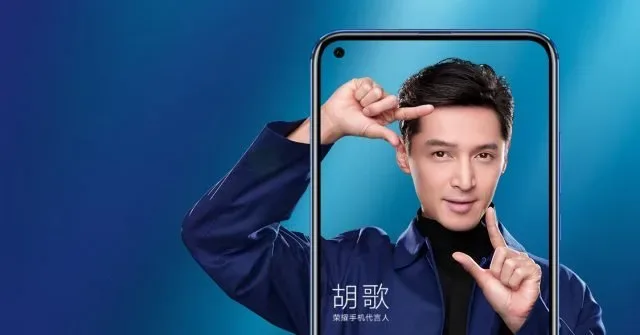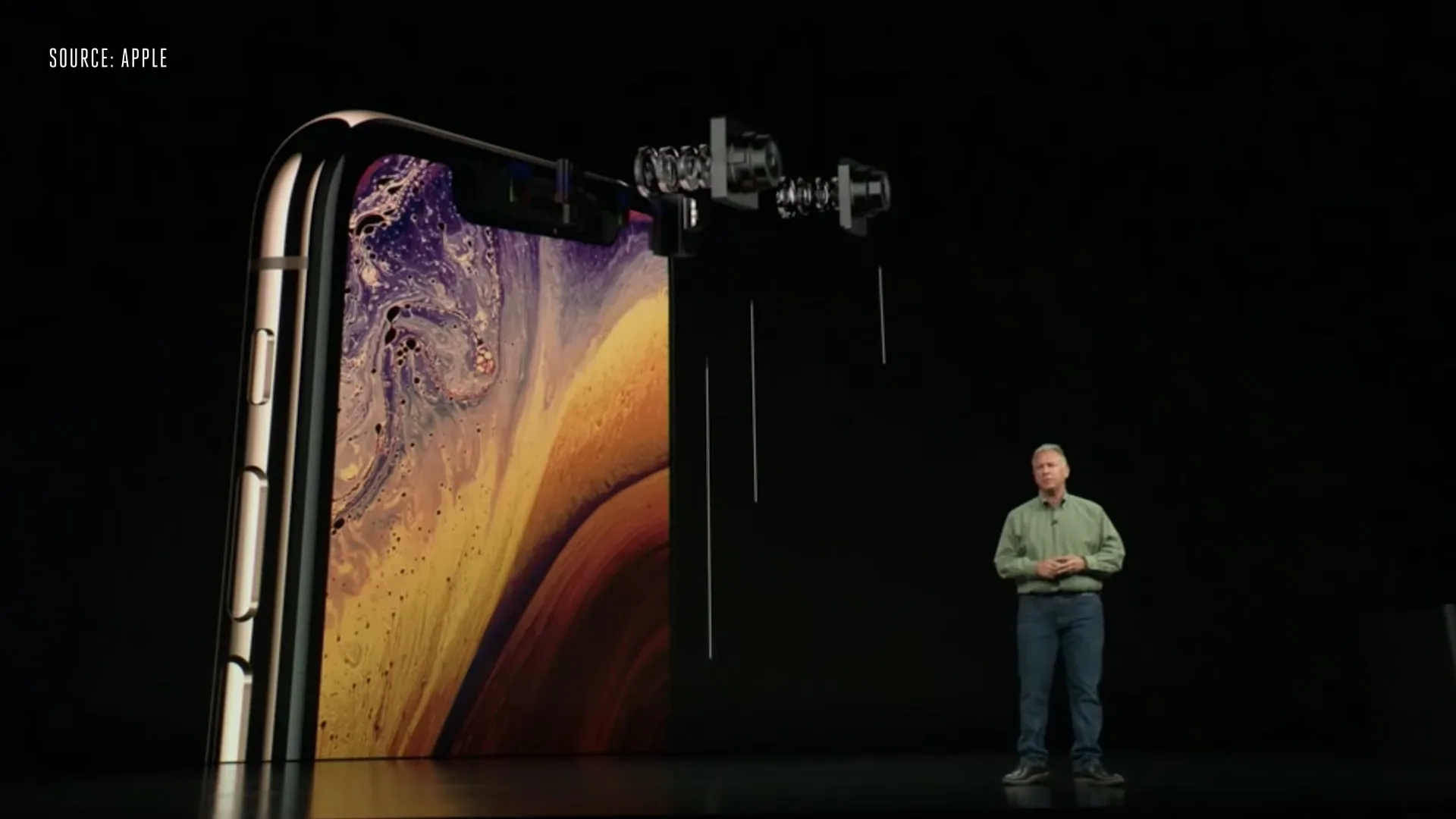In a time when security should be everyone’s top priority, it seems there are a lot of security loopholes being discovered almost every day now. The latest loophole allows 3-D printed heads to unlock Android phones.
Thomas Brewster, a reporter from Forbes, ordered a 3D printed model of his own head to test the face unlocking systems on a range of phones. Brewster tested four Android phones and iPhone X. All the phones failed the test except the iPhone X.
No one uses passcodes anymore because who has the time to type in their password every time they get a notification. It seems many are ditching fingerprint sensors as well. Smartphone manufacturers are going for convenience rather than purely focusing on security, which is a double-edged sword.
Facial recognition seems to be the latest security trend in smartphones these days. But it seems facial recognition is a flawed system, at least when it comes to Android users. Google was totally against facial recognition at least for the time being. Hence it decided not to add the security feature in its latest Pixel 3 devices.
But many Android phones especially Samsung’s flagship devices have completely accepted the facial recognition lifestyle. This is really bad news for Android users. It is not just Android users who get screwed over though.
This discovery opens a Pandora’s box for lawmakers, thieves and the users themselves. Laws will need to be amended; new regulations will need to be put in place. Users will always be under constant duress of their privacy being robbed.
Every American knows their fingerprints and face aren’t protected under the Fifth Amendment, but passcodes are. So there is no stopping to what the police might do when they have a suspect under custody. The police can legally unlock suspects’ phones using their fingerprints or literally shoving their phones into their faces (Remember the Ohio case?)
And now it seems the police can use other nefarious tactics as well, including getting 3D printed face models of suspects. This is a very grey area of the law that everyone should be extremely cautious about. It seems way too dystopian, yet it’s happening right in front of us.
Orin Kerr, a professor at USC Gould School of Law, wrote in an email,
“Legally, it’s no different from using fingerprints to unlock a device. The government needs to get the biometric unlocking information somehow.”
So the government can take users’ fingerprint or facial information and use it to unlock phones. They can do all of this without a warrant. Since many governments are spying on their citizens by one means or another, it is difficult to stay hidden in an always-connected cyber world.
Just look at China, it is constantly surveilling its citizens with the means of high-resolution cameras installed on practically every corner. As high-resolution cameras get more advanced and facial recognition software to improve, it seems the police will always be on our tail.
So the only thing stopping them is the humble passcode — death to Big Brother.
Do let us know what you think in the comments below!





Share Your Thoughts